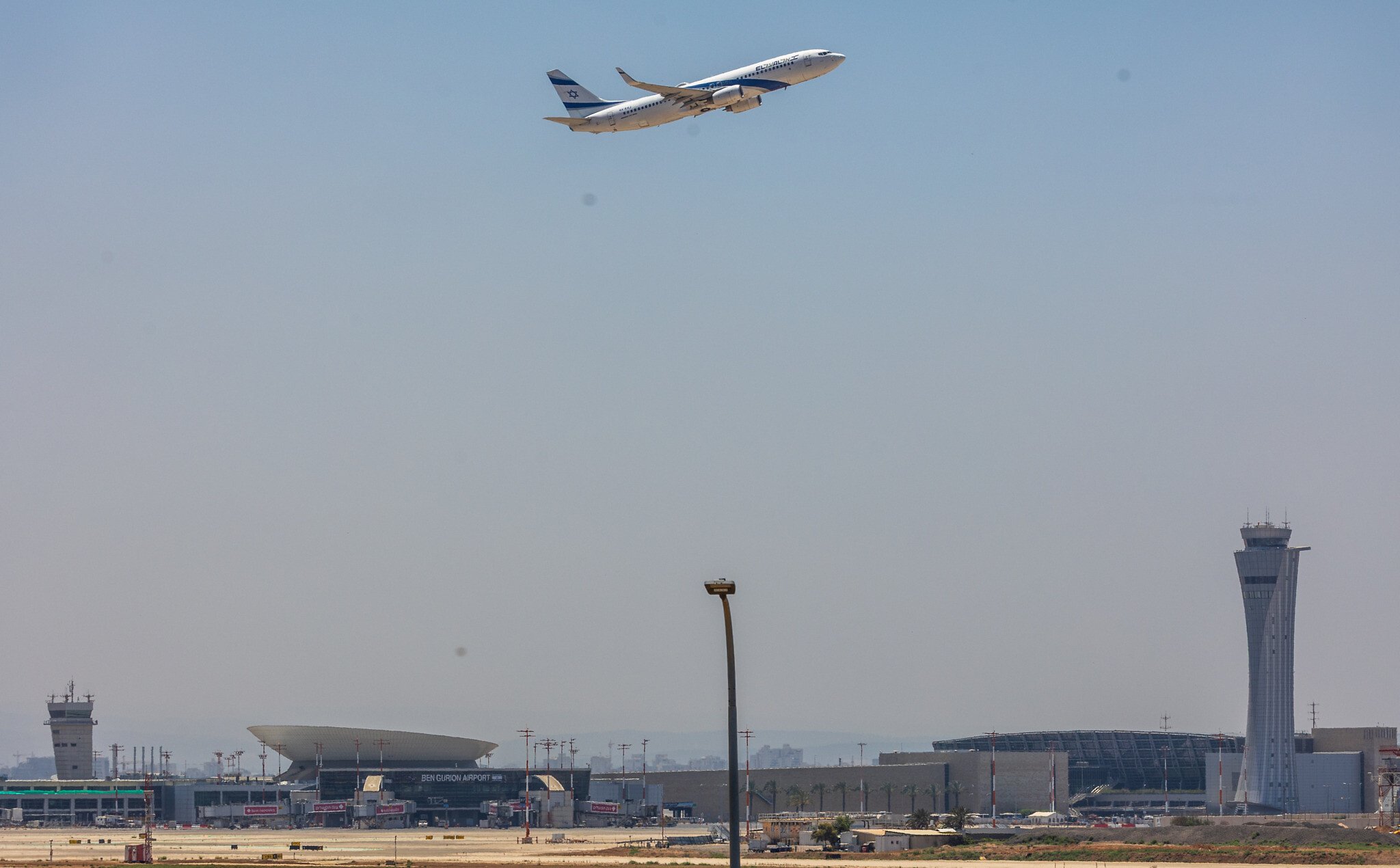What Happened
The ongoing conflict between Israel and Iran has led to significant disruptions in travel and security in the region. As of June 2025, Israel has begun allowing outbound flights from Ben Gurion Airport, which had been closed to departures since June 13 due to escalating hostilities. The initial phase of these flights is highly restricted, permitting only 50 passengers per plane, with priority given to humanitarian cases and individuals involved in national security. This decision comes as over 1,000 individuals, including stranded tourists and foreign nationals, are expected to leave Israel on the first day of these limited operations.
The broader implications of this conflict extend beyond the immediate region, affecting global travel safety and security. Travel advisories from various governments, including Australia, indicate that the conflict may result in increased security risks worldwide, including potential terrorist attacks and civil unrest in areas frequented by tourists. The situation remains fluid, with the possibility of rapid changes in local security conditions and travel restrictions.
Key Details
-
Flight Operations: Outbound flights from Ben Gurion Airport resumed on June 23, 2025, after a ten-day closure. Each flight is limited to 50 passengers to minimize security risks and manage crowding at the airport.
-
Passenger Prioritization: Priority for these outbound flights is given to life-saving, humanitarian, and national security cases. The Israeli government estimates that around 40,000 tourists were stranded in the country due to the airspace closure.
-
Travel Advisory Impact: The Australian government’s Smartraveller service has issued warnings indicating that the conflict could lead to increased safety risks globally, including the potential for reprisal attacks and civil unrest. Travelers are advised to stay informed about current events and to monitor local news.
-
Airspace Restrictions: The closure of Israeli airspace has caused significant disruptions in flight schedules, with many travelers unable to leave the region. The Israeli government has implemented a phased operation to facilitate the return of stranded citizens and tourists.
-
Ticket Pricing: El Al Airlines has set fixed prices for one-way tickets to various destinations, with prices ranging from $99 to $795, depending on the location. Passengers are also restricted from purchasing return tickets for at least 30 days after departure.
Multiple Perspectives
The situation has elicited varying responses from different stakeholders. On one hand, the Israeli government emphasizes the necessity of these restrictions to ensure the safety of passengers and airport operations amid ongoing threats from Iran. Transportation Minister Miri Regev stated that limiting the number of passengers is crucial during this “challenging period” when airports could be potential targets for attacks.
Conversely, travel advisory agencies and foreign governments express concern over the broader implications of the conflict. The Australian Smartraveller service warns that the conflict could lead to increased risks for travelers worldwide, urging individuals to reconsider their travel plans to the region. Critics of the Israeli government’s approach argue that such restrictions may exacerbate the humanitarian crisis for those stranded and limit access for those needing to leave urgently.
Context & Background
The Israel-Iran conflict has deep historical roots, with tensions escalating significantly in recent years due to Iran’s nuclear ambitions and its support for militant groups opposing Israel. The recent military actions, including airstrikes on Iranian nuclear facilities, have heightened fears of a broader regional conflict. The current situation is marked by a series of retaliatory strikes and military operations, with both sides experiencing casualties and significant disruptions to civilian life.
The closure of airspace and the restrictions on travel reflect the precarious security situation in the region. The Israeli government has taken these measures in response to perceived threats from Iran, which has retaliated with missile strikes targeting Israeli territory. This ongoing conflict not only affects the immediate area but also has ramifications for international travel and diplomatic relations.
What We Don’t Know Yet
As the situation continues to evolve, several uncertainties remain. It is unclear how long the restrictions on outbound flights will remain in place and whether the Israeli government will adjust its policies based on the security situation. Additionally, the potential for further escalation of the conflict raises questions about the safety of travelers in the region and the effectiveness of current travel advisories.
There is also a lack of clarity regarding the long-term implications of the conflict on regional stability and international relations. The responses from other nations, particularly those with vested interests in the Middle East, will play a critical role in shaping the future dynamics of the conflict. Ongoing monitoring of the situation is essential for travelers and governments alike as they navigate the complexities of this volatile environment.


